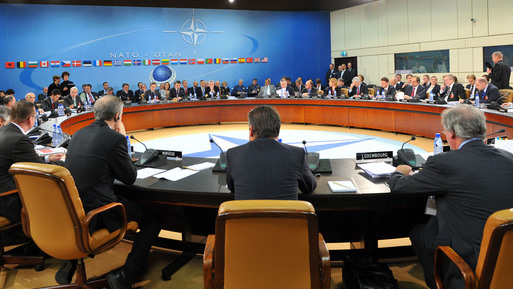
From Colin Clark, AOLDefense: The deputy assistant secretary general [James Appathurai] also highlighted a little known change in policy that was driven by Australia and New Zealand. In return for joining NATO operations in Afghanistan, both countries were granted a seat the council’s table regarding Afghan operations for as long as they fight alongside NATO troops. They have the right to be consulted and file objections, as well as agree to NAC decisions regarding Afghanistan. And the policy was cemented by the Libyan operations.
"As soon as countries became true contributors they got a seat at the NAC table," Appathurai told our group of American defense writers. The North Atlantic Council is, in most cases, NATO’s supreme policy making body. Australia and New Zealand established the precedent that they would exercise the same powers of decision-making as the regular members of the council possess on matters concerning Afghanistan. During the Libyan operations, countries such as Qatar, were granted the same status on the NAC for the duration of NATO’s involvement there. Qatar supplied several hundred troops to the Libyan rebels to train them and help them develop effective command and control. Qatar already had partner status with NATO as a result of the Istanbul Cooperation Initiative, designed to offer Middle Eastern countries "practical bilateral security cooperation" with the alliance. (photo: NATO)
Image: nato%204%2019%2010aa.jpg
